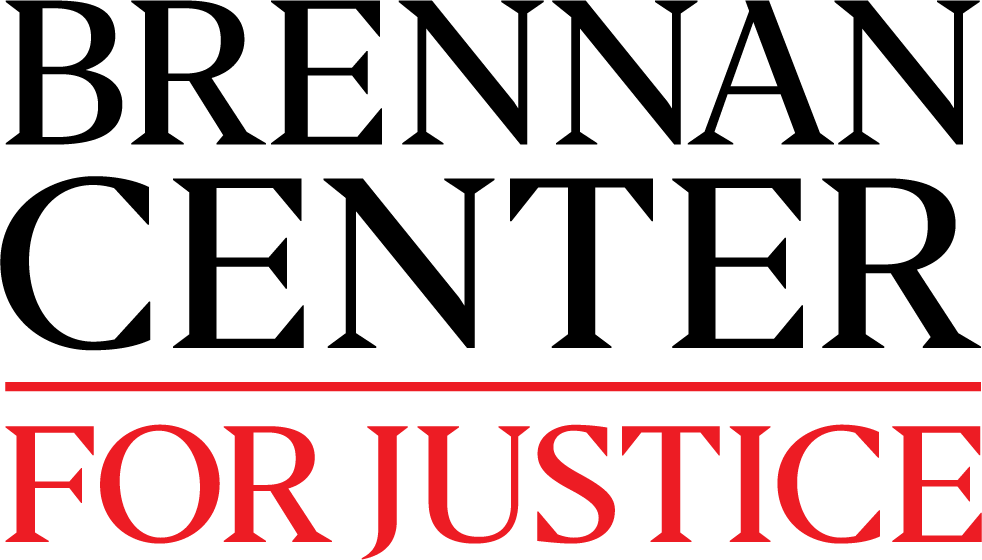|
|
|||||
|
|
|
Despite record-high national turnout this year, data from Georgia indicates these numbers don’t tell the whole story. White turnout was 8.6 percentage points higher than nonwhite turnout in the state’s midterms — Georgia’s widest gap in any general election in the past decade. It’s an important reminder that high turnout is not equally shared by all voters.
|
|

